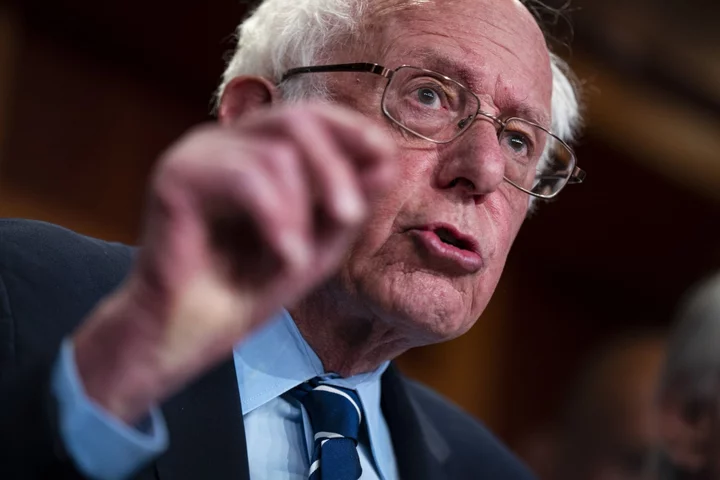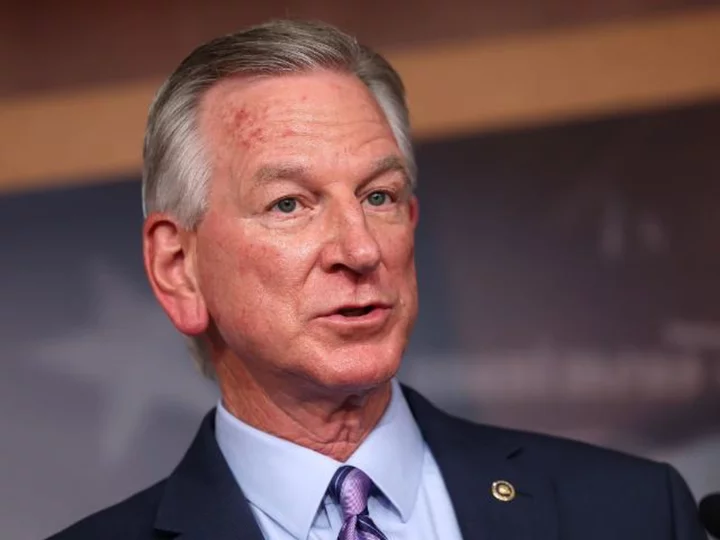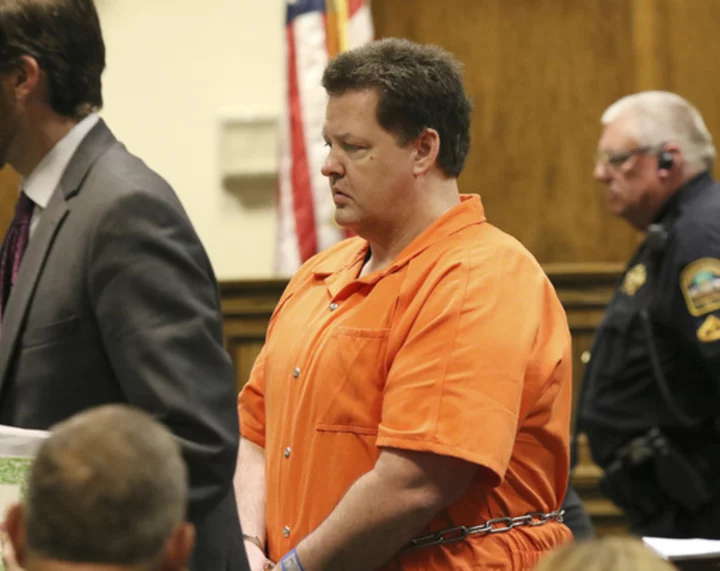The three biggest US carmakers should sit down with the United Auto Workers union and “negotiate a contract that is fair to workers” in order to avoid a potential strike, US Senator Bernie Sanders said.
“I very strongly support the UAW and their new leadership,” Sanders, a Vermont independent, said Sunday on CNN’s State of the Union. “I certainly hope there is not going to be a strike. No one wants a strike. But the Big Three have got to understand they cannot have it all.”
An overwhelming majority of the almost 150,000-member UAW last week gave union leaders permission to call a strike against Ford Motor Co., General Motors Co. and Stellantis NV if they fail to agree on a contract before Sept. 15. If the automakers don’t give up more ground, the union could break with tradition by striking at all three companies instead of just targeting one.
Significant differences remain over pay, benefits and a transition to electric vehicles.
Read more: United Auto Workers Clear Path to Strike If Contract Talks Fail
Sanders, an outspoken advocate for expanding and empowering labor unions, said the UAW threat is part of a wider trend of American workers willing to seek higher pay and better benefits.
More than 650,000 workers have threatened to walk off the job — or did so — in recent months in an avalanche of union activity dubbed the “the summer of strikes.”
“One of the very positive things that’s happening in America today is that working-class people are standing up and fighting back,” Sanders said. He cited a deal between United Parcel Service Inc. and the Teamsters union and nurses across the US seeking “decent wages and working conditions .”
With the auto industry standoff threatening to shut down a major part of the US economy, President Joe Biden said last week he’s worried about the possibility of a UAW strike and urged both sides to work toward a “fair agreement.”
Read More: What’s at Stake as US Autoworkers Threaten to Strike?
The three automakers estimate that agreeing to all the union’s demands would cost each company more than $80 billion over the four-year contract.









